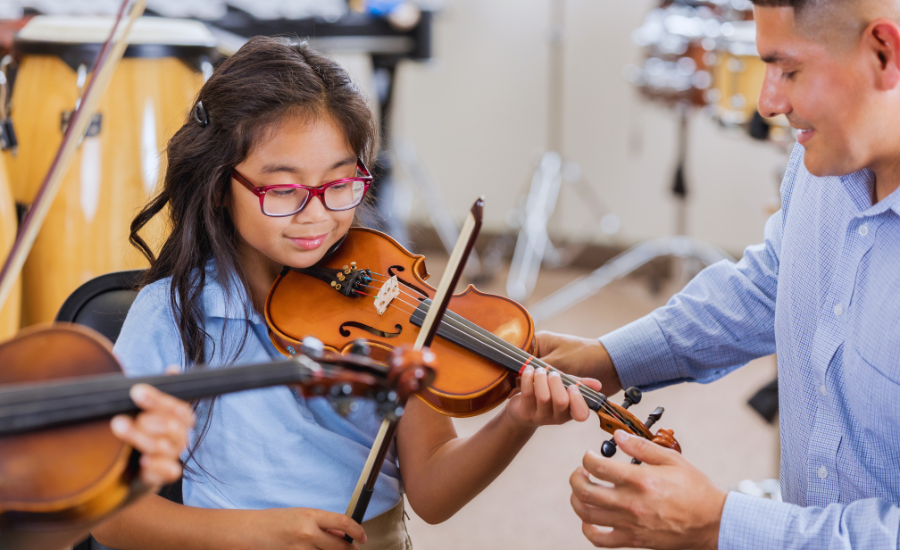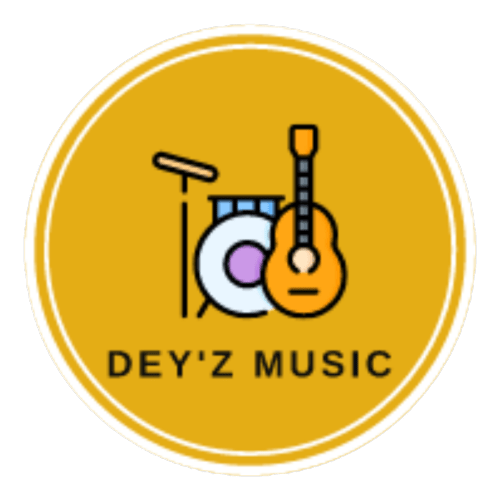In a bustling metropolis like Mumbai, where the rhythm of life never seems to slow down, the desire for artistic expression often finds its home in music. For many aspiring musicians, joining offline music classes is not just about learning to play an instrument or singing—it’s about becoming part of a vibrant community. This article […]
Music and Mental Health: How Learning an Instrument Can Boost Your Well-being
In recent years, mental health awareness has gained significant traction, with more people realizing the importance of taking care of their mental and emotional well-being. Among the various activities known to improve mental health, learning an instrument stands out as a powerful and transformative tool. Music has long been associated with emotional expression, relaxation, and […]
The Science of Music: How Learning an Instrument Enhances Brain Function
Music has long been revered as a universal language, capable of evoking deep emotions and connecting people across cultures. But beyond its aesthetic and emotional appeal, music has a profound impact on the brain. Recent scientific research has illuminated how learning to play an instrument can enhance brain function in remarkable ways, providing benefits that […]
Music Education: Fostering Social Skills and Cultural Awareness
1. Collaboration and Teamwork: Music education often involves participating in ensembles, bands, orchestras, or choirs. Working together with others towards a common goal fosters collaboration and teamwork. Students learn how to listen to and blend with others, follow a conductor or leader, and contribute to a harmonious and unified performance. 2. Communication Skills: Music requires […]





